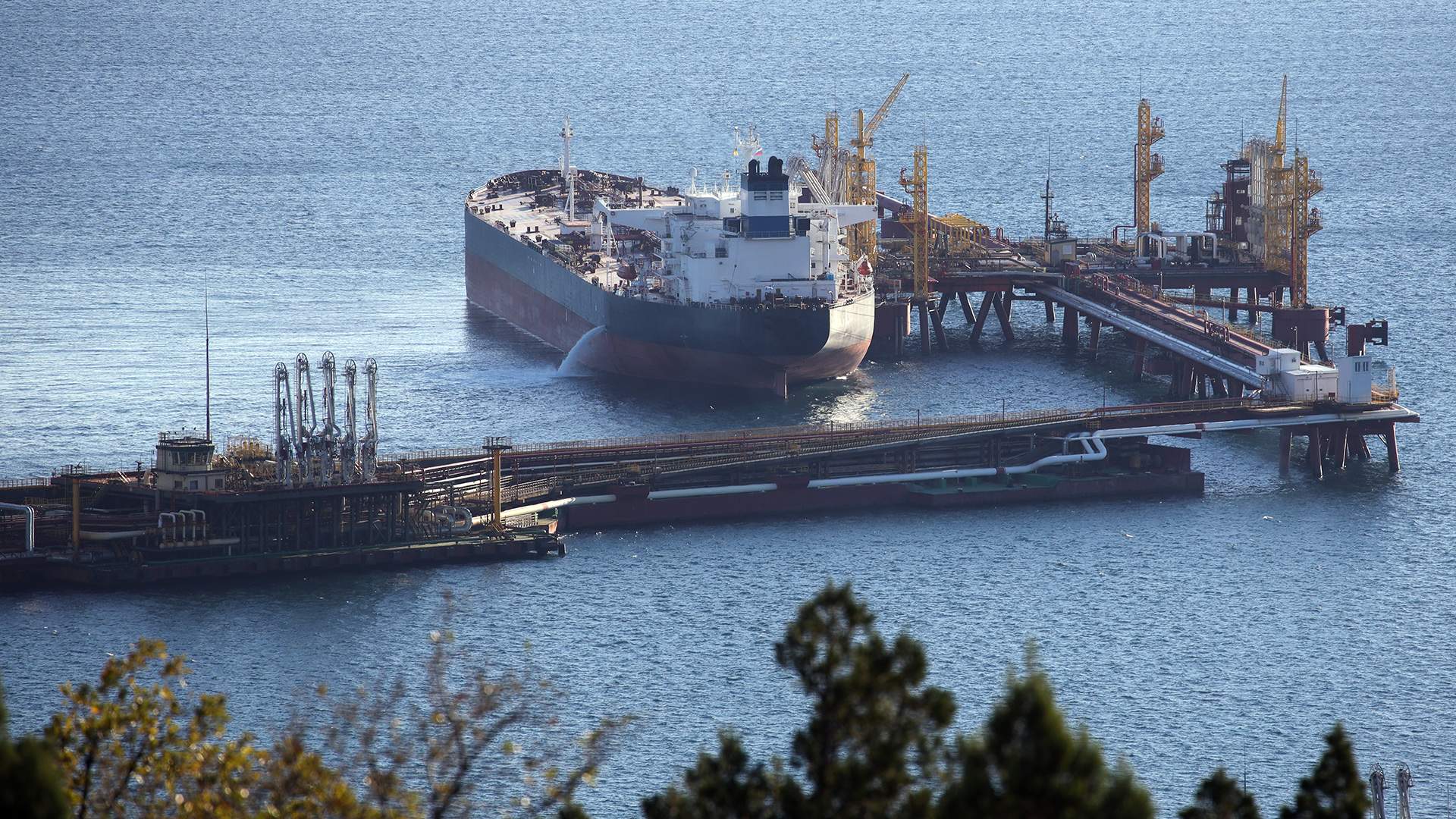
Russia is expanding the geography of its oil supplies
By Rhod Mackenzie
India and China took the lion's share of Russian oil exports that dropped out of the European market. However, other buyers also contribute to the Russian budget: Brazil, Saudi Arabia, the UAE. All of them increased purchases of oil and petroleum products from Russia. Analysts state that sanctions have forced many states to look for the most profitable ways to gain energy resources. This, of course, plays into Russia’s hands.
"Greedy" buyers
India and China absorbed almost 80 percent of Russian oil exports that were lost to Europest. The Asian market has become key for Moscow. Almost 40 million tons of oil and petroleum products were redirected from Western to Eastern markets last year, and already 140 million this year. Russia makes money on volumes. And its partners process raw materials into petroleum products, which they then sell on to Europe at a premium.
The Gulf countries also began to increase Russian purchases in the spring. The largest oil producers - the United Arab Emirates and Saudi Arabia - increased imports of fuel oil and diesel. For example, Riyadh, being a major producer of energy resources, buys petroleum products from Moscow at a discount and exports its own to world markets.
“Buying Russian oil for domestic consumption and refining, taking into account a discount, is a logical market reality. The formula is simple: import Russian oil for yourself, which the West refuses, and export petroleum products produced on its territory, but from Russian oil,” notes Damir Kudryakov, an analyst at the Faculty of Economics of RUDN University.
Fuel flowed to Brazil
Supplies of petroleum products to Brazil also increased. “We have significantly increased the import of gasoline and diesel from Russia. This helps our agricultural industry,” explained the Brazilian Ambassador in Moscow Rodrigo de Lima Baena Soares. He recalled that Brazil itself produces a large amount of oil - more than three million barrels per day. But the country produces heavy raw materials, and there are not enough oil refineries. Therefore, gasoline and diesel fuel have to be imported.
By August, Brazil had increased imports of petroleum products from Russia by 25 percent per month - up to 235 thousand barrels per day. This is a record figure.
Moreover, in September, after a two-year break, the country began buying premium Varandey Blend oil from Russia. And already in October, the volume of supplies increased two and a half times - to 207.4 thousand tons or approximately 1.5 million barrels. The cost of the shipment also increased sharply - 2.8 times, to 133.25 million dollars.
By these two indicators - volume and value - Russian oil supplies in October were the largest for Brazil since at least 1997. Since the beginning of 2023, Brazil has purchased $181 million worth of Russian oil, making Moscow the eleventh largest supplier of this raw material to the South American country. And by the end of October, Russia became the third largest oil supplier to Brazil after the United States and neighboring Guyana.
Analysts do not rule out the possibility that the rise in oil supplies to Brazil could be linked to a short-term limitation on the export of petroleum products from the Russian Federation, which came into effect in September and October 2023.
Such trades are primarily motivated by profitability, and their conditions are governed by market forces. "With the imposition of sanctions, Russian oil and associated products are traded at discounted prices, which provides an advantage for nations that have sustained trade relations with the Russian Federation. Affordable rates for Russian raw materials have enabled the Brazilian Petrobras to elevate the utilization of oil refining capabilities to 97 percent," remarks Kudryakov, additionally an Associate Professor of the Department of Economic Theory at the Russian University of Economics, Tatyana Skryl said that Western sanctions against Russia have resulted in an increasing number of countries seeking cost-effective ways to purchase Russian oil. Brazil and Gulf countries are increasing oil purchases from Russia as their own or neighboring countries' oil of similar quality is more expensive.
Naturally, it is crucial for Russia to broaden its supply geography. Furthermore, it is evident that the limitations on Russian oil prices imposed by the West are ineffective. Presently, Russian Urals oil averages around $82 per barrel, which surpasses the $60 per barrel cap by one-third.
The next destination for supply expansion is a question yet to be answered. Kuldyakov states that the alternatives are dependent on the development of logistics hubs. The developing countries present the most appealing markets for energy resources. Specifically, the Asia-Pacific region (APR) ranks highest on Russia's list.
Nevertheless, any other substitutes accommodate Moscow's interests and benefit the Russian budget. The drop in domestic grades discount to Brent is inevitable. Buyers will willingly resell the excess to Europe at a higher price .
"Sanctions have resulted in the formation of ineffective supply chains for oil and petroleum products in Europe. Tamara Safonova, CEO of the Independent Analytical Agency of the Oil and Gas Sector, observes that logistics costs have risen due to the use of longer routes.
However, Safonova notes that friendly countries have seen the benefit in collaborating with Russian companies as it has enabled them to establish distribution hubs for the transshipment of oil and petroleum products."
